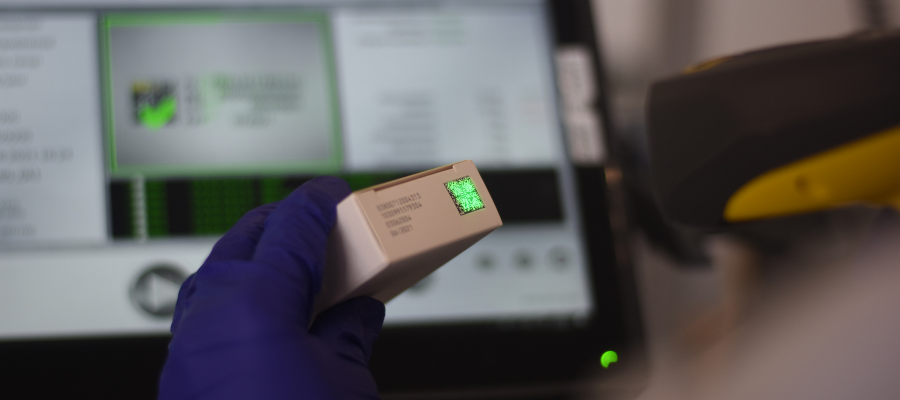
[Blog] Rwanda is strengthening an effective pharma regulatory mechanism for public health protection
Table of Contents
The African country take great steps toward an effective pharma supply chain and efficient Track and Trace mechanism.
We already talked about the poor-quality mechanism for medicines` track and trace on the territory of Africa. However, Rwanda is one of the most progressively moving towards a better and more effective pharma supply chain. In 2018, the country established the Food and Drugs Authority (FDA) striving to enhance a strong regulatory system and public health protection. The authority structured a strategic plan (2021-2024) that lays out objectives, strategies, and targets.
To achieve the outcomes Rwanda has to collaborate across government agencies and the private sector in order to carry out the following strategic objectives:
- Establish a governance structure to lead the strategy, collaboration, outreach, and oversight of traceability implementation
- Strengthen the regulatory environment to include policies that enable traceability
- Create efficiencies in the public health supply chain through automated data capture and reporting
- Build and sustain technology to support the implementation of traceability and interoperability of health systems for increased data visibility
Deadlines
Regarding the traceability implementation, in 2022 the Ministry of Health of Rwanda published guidelines for the identification and labeling of pharmaceutical products. The issued guidelines marked the deadlines to 1) master data reporting for 2024, and 2) barcoding, serialization, and aggregation to 2025 and beyond.
Labelling Requirements
The unique identifier for a trade item shall consist of a GTIN, expiration date, batch/lot number, and/or serial number that shall be assigned and labelled, at the latest, when the trade item is physically created and packaged by the manufacturer of the product.
When a new trade item is created by co-packaging of two or more physical items (e.g., creating a kit, overpacking), the re-packager shall assign a new unique identifier.
The unique identification data carrier for all secondary and higher packaging levels in scope shall remain on or attached to the pharmaceutical product throughout the life cycle.
The unique identifier shall be constructed according to the globally accepted GS1 General Specifications.
Transitional Period
Within 2 years of the effective date of the regulations – master data for all authorized pharmaceutical products, their packaging levels, and their associated locations and legal entities and pharmaceutical products shall be shared with the Authority.
Within 3 years of the entry into force of the regulations – secondary packages and higher packaging levels of authorized pharmaceutical products shall be identified with a GTIN, batch/lot number and expiration date encoded in the specified data carrier.
Within 4 years of the entry into force of the regulations – secondary packages and higher packaging levels of authorized pharmaceutical products shall be identified with a GTIN, batch/lot number, expiration date, and serial number encoded in the specified data carrier.
Within 5 years of the entry into force of the regulations – logistic units containing authorized pharmaceutical products shall be identified with a SSCC encoded in the specified data carrier.
Exemptions
The Regulation shall not apply to:
- Any medicinal product prepared in a pharmacy and is done by or under the supervision of a pharmacist in accordance with a prescription given by a licensed medical practitioner, or dentist;
- Any product prepared in a hospital pharmacy in accordance with the formulas of a pharmacopeia, and intended to be supplied directly to patients served by the concerned pharmacy and commonly referred to as the official formula;
- Medicinal products intended to be used in research and development studies, without prejudice to the provisions of the Regulations on clinical trials in force;
- Any medicinal products prepared and stocked in a hospital pharmacy by or under the supervision of a pharmacist with the view to dispensing; or any preparation made by a traditional health practitioner registered under Laws and Regulations currently enforced related to a traditional medicine specifically prepared for administration or supply to a particular patient;
- Any medicinal product granted Authorization for Emergency Use by the authority following the declared public health emergency;
- Any person who prepares any preparation shall be duly bound and shall be held liable for any harm to the patient brought by the medicine;
- The authority may issue an expression of interest where the product is or is intended for the treatment of rare diseases
Sources:





